The virus changing the world: the most important coronavirus questions at a glance
Berlin, Germany - The coronavirus is turning the world upside down. Experts around the world are working to better understand the virus in order to bring it under control. In their view, these questions should be urgently clarified.
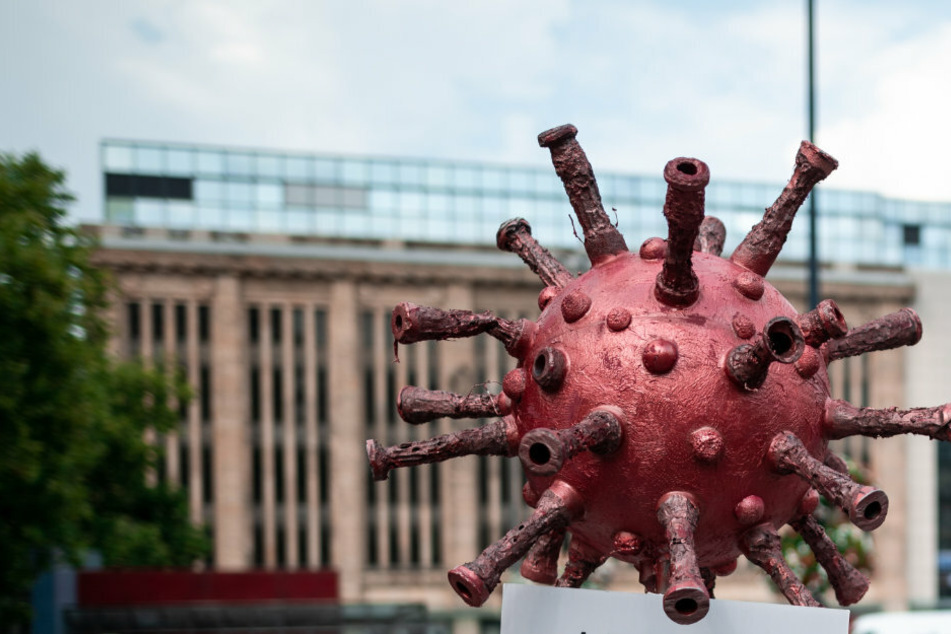
The effort is huge. Thousands of scientists are currently working on the coronavirus to better understand the pathogen and its effects.
We already know quite well how Sars-CoV-2 is transmitted, which situations can cause outbreaks and every day we gain more experience in the treatment of patients. With the number of cases continuing to increase, these findings are extremely important.
Nevertheless, there is still a lot that remains to be cleared up. What are the most urgent questions that need to be answered for doctors, scientists and other experts?
There are numerous vaccine candidates around the world. Russia recently announced the world's first government-approved vaccine for widespread use. But which vaccine will prove to be the silver bullet?
According to infectious disease specialist Bernd Salzberger, this question will be clarified in the coming weeks and months: "Once this question has been answered, almost all other questions will be secondary."
Should a vaccine be delayed, contrary to expectations, the expert from the University Hospital of Regensburg in Germany expects the possible implementation of additional protective measures, such as the ventilation of classrooms.
How is Covid-19 detected?
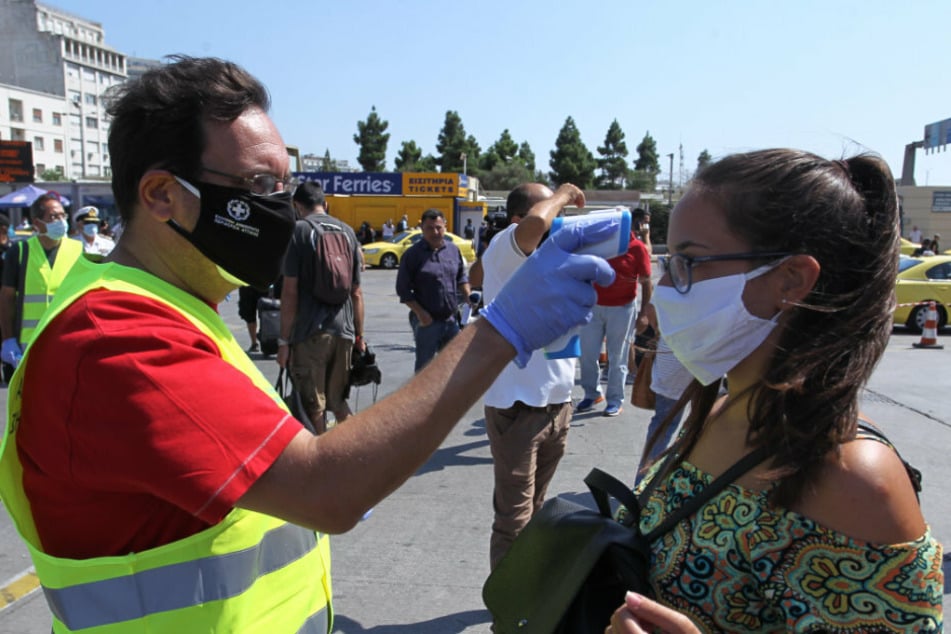
The testing capacity in Germany has been continuously expanded and the range of tests offered has been extended.
However, for the epidemiologist Gérard Krause from the Helmholtz Center for Infection Research in Braunschweig, this alone will hardly help: "We must work on using tests in a more focused way," he says, for example, the better prioritizing of who, when, and how often someone should be tested.
Lab results must also reach the health authorities faster.
Krause sees a risk that mass testing without purpose might lead to sick people, people at risk and medical personnel having to wait longer than before for their urgently required test results because the processing of these results would compete with other, less urgent tests.
Eugen Brysch, chairman of the Patient Protection Foundation, emphasized that firm prioritization in testing for the virus is indispensable: "Tests are absolutely necessary for people with symptoms and in the health care system," said Brysch, who also called for weekly preventative tests in all medical and nursing professions.
How is the coronavirus treated?
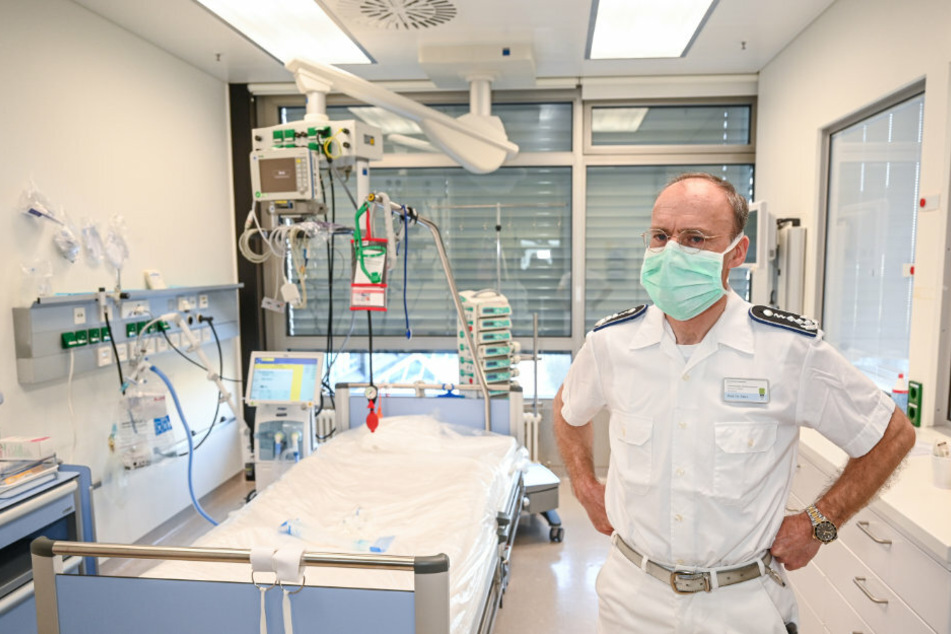
"We still don't really understand when we have to flip which switch," said Salzberger, referring to the treatment of Covid-19 patients.
According to Salzberger, antiviral drugs are only useful when patients are in poor health, not when they are in the early stages of the disease - unlike the use of antibiotics in the treatment of bacterial pneumonia, for example.
No standard procedure has yet been established for the treatment of Covid-19 patients and guidelines are currently being developed for different stages of severity, said Klaus Rabe, Medical Director at the Lung Clinic Grosshansdorf and board member of the German Society of Pneumology and Respiratory Medicine.
For example, it is important to define criteria for deciding how long to wait before starting ventilation.
Patients who do not require invasive ventilation have a better prognosis. A study showed a particularly high mortality rate of 53 per cent in Covid-19 patients who received ventilation in Germany. However, Rabe emphasized that ventilation itself is not necessarily at fault for this.
Why do the courses taken by infection differ so much?
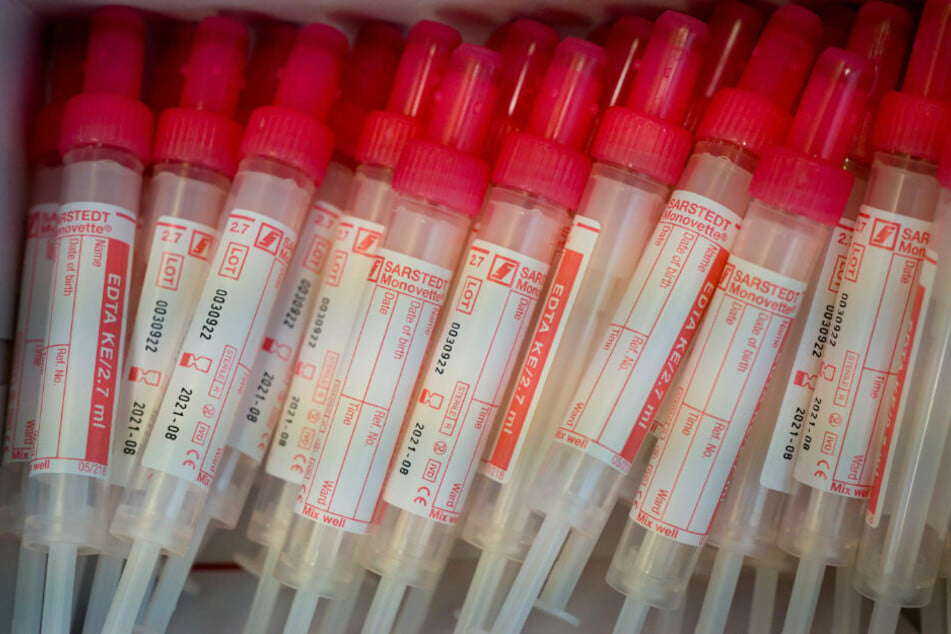
Sars-CoV-2 appears to have a dual nature: tragically deadly in some people and surprisingly mild in others, US researchers write in the Annals of Internal Medicine.
Asymptomatic people seem to account for about 40 to 45 percent of infections, but the absence of symptoms does not necessarily mean that no harm is done.
It is not yet clear why the courses taken by the disease differ so much, but studies suggest that the blood group might be a factor.
Research is also being carried out to find out whether previous colds caused by well-known coronaviruses might influence the severity of an infection with Sars-CoV-2. Coronaviruses cause up to 30 percent of seasonal colds in Germany, according to the Charité hospital in Berlin.
"We urgently need data on patients who do not need to be ventilated by machines or do not appear sick," said Rabe.
It is important to look at long-term progression and also to observe what happens outside the lungs. In addition, Rabe said that treatment options are also needed for mildly ill people.
Do people stay immune and what are the consequences of the coronavirus?
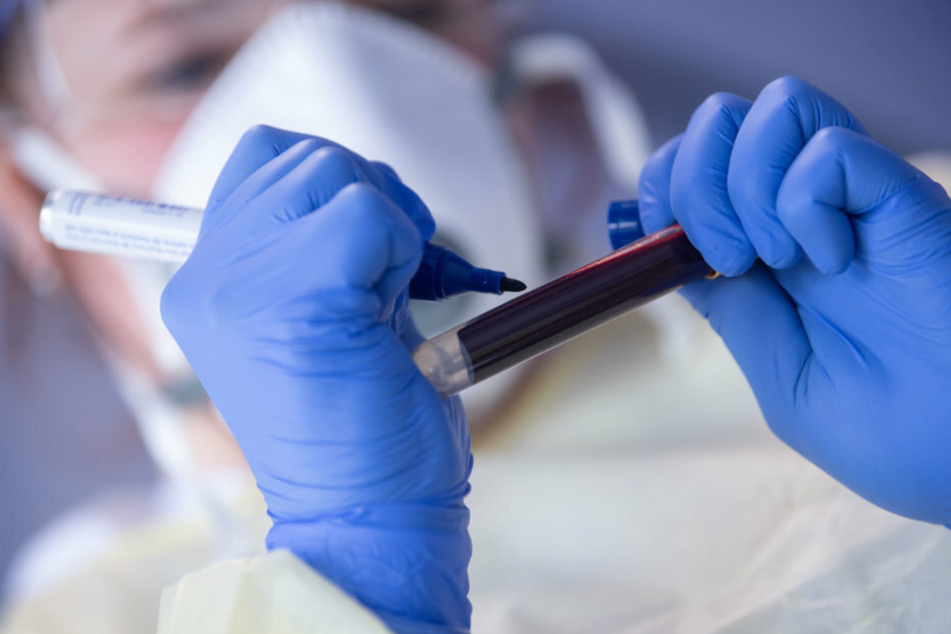
Many, including scientists, hope that people who are infected with Sars-CoV-2 will at least be immune to it for a while.
But this is not certain. On the contrary, many studies have shown that especially people who have had few or no symptoms have antibodies present in their blood a short time after the infection.
Although it is still unclear what this means in terms of possible immunity, the observations raise doubts about the validity of antibody tests and about the frequently discussed immunity passports.
"Recovered" is mentioned in many coronavirus statistics, but are these people really healthy again?
Due to the novelty of the disease pattern, no reliable statements can be made about long-term effects and damage caused by Covid-19 or its treatment, such as long-term ventilation, writes the Robert Koch Institute (RKI) in an online briefing.
However, there are reports of patients who were mildly ill, but who weeks and months later still suffer from effects such as shortness of breath during physical exertions. It is now clear that, similar to influenza viruses, Covid-19 does not only affect the lungs, but other organs too.
Where does the virus come from and how do we live with it?

Studies suggest that the virus originated in bats, but how did it spread to humans?
Intermediate hosts are suspected. The pangolin has since been mentioned - a theory rejected by the virologist Christian Drosten. A while back he turned the suspicion on to the raccoon-dog, in which the Sars-pathogen had already been found during the Sars outbreak of 2002-03. As of today, the question remains unanswered.
In the view of lung specialist Rabe, the clarification of these gray areas would help against conspiracy theories. In conversations with patients, he sometimes noticed a deep insecurity due to unclear facts and contradictory information.
Early on, experts compared the pandemic to a marathon and according to Rabe, it is necessary to learn how to run the distance.
Rationing energy, taking a break if possible, dealing with exhaustion - these metaphors are now important for the population to get through the pandemic and the necessary restrictions of behavior.
Rabe is bothered by debates on loosening up, for example by the cruise industry or the football lobby, and by politicians going it alone, which has damaged trust in politics and institutions: "The basic principle should be: Keep calm and keep working," he stresses.
Cover photo: Fabian Strauch/dpa